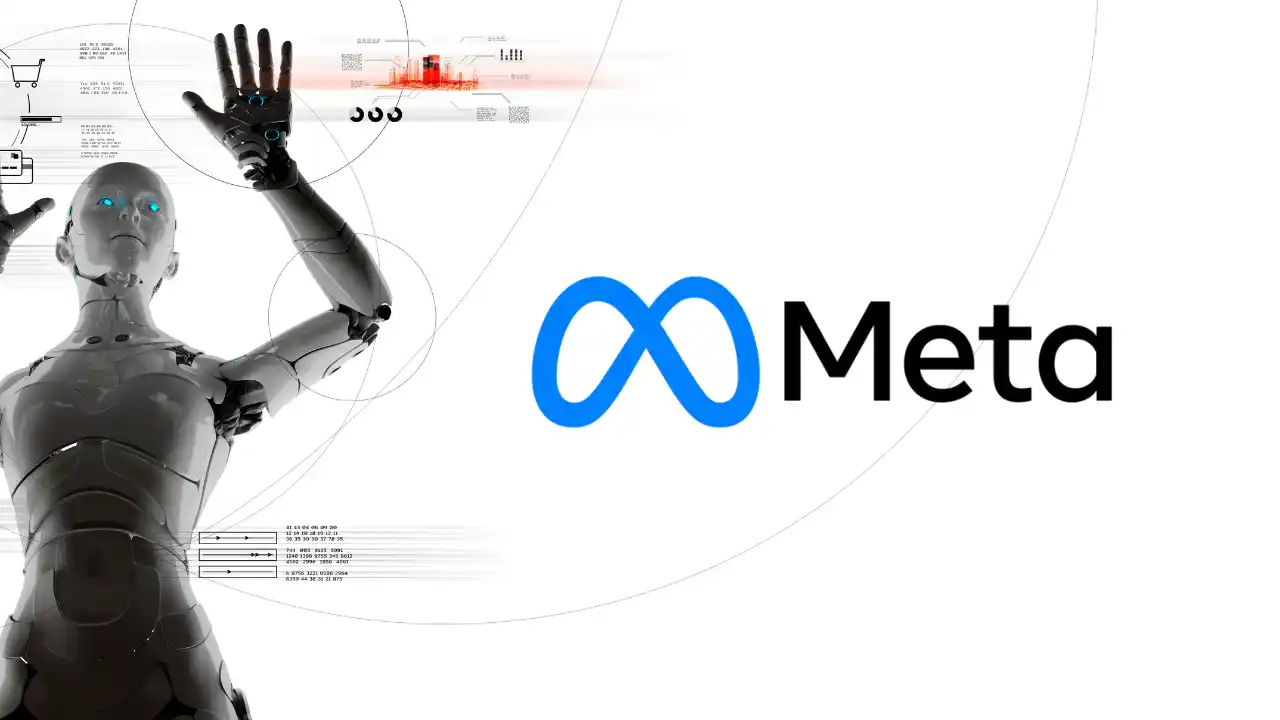Meta AI Turmoil: Top Talent Exits Superintelligence Lab 🚨
Mark Zuckerberg’s ambitious Superintelligence Lab at Meta is facing a wave of high-profile departures, signaling that loyalty to mission and influence outweighs even lavish compensation in today’s competitive AI talent market. 🧠 The early exits highlight frictions in culture, structure, and strategy, raising questions about Meta’s ability to sustain its push for superintelligence.
What Happened? 📉
Shortly after Meta launched its Superintelligence Labs to compete with OpenAI and Google, several key researchers resigned. Despite multi-year compensation packages reportedly worth hundreds of millions, at least three high-profile exits were confirmed by Wired: Avi Verma, Ethan Knight, and Rishabh Agarwal. Two of them, Verma and Knight, returned to OpenAI, while Agarwal left for “a different kind of risk” after just five months at Meta. 😕
Why It Matters 🌍
These departures disrupt Meta’s momentum in its race toward superintelligence. The loss of top talent delays projects, creates internal uncertainty, and undermines Meta’s goal of rapid progress in frontier AI research. This turmoil underscores a key industry insight: elite AI researchers prioritize mission alignment, safety influence, and product impact over hefty paychecks. 💡
Who Left and Where Did They Go? 👥
According to Wired, Avi Verma and Ethan Knight, both former OpenAI researchers, returned to their previous employer shortly after joining Meta, drawn back by familiar mission-driven research environments. Rishabh Agarwal, a former Google DeepMind researcher, joined Meta in April 2025 with a reported $1 million package but left in August, citing a desire to take “a different kind of risk” despite Meta’s abundant resources. 🔄
Meta’s Internal Challenges ⚙️
Reports point to reorganizations, shifting priorities, and leadership tensions within Meta’s AI division. The creation of multiple AI groups and a perceived focus on delivery over breakthrough research have frustrated some researchers. Issues around autonomy, access to compute resources, and cultural integration following Meta’s aggressive hiring spree have further deepened internal divisions. 🛠️
Loyalty Over Money 💸
The narrative emerging from Meta’s turmoil is clear: mission clarity and influence on the path to artificial general intelligence (AGI) trump even extraordinary compensation. Researchers like Verma, Knight, and Agarwal are choosing environments that align with their values and offer intellectual autonomy, even when Meta provides vast compute and budgets. 🌟
Case Study: Rishabh Agarwal’s Exit 📚
Rishabh Agarwal’s departure after five months at Meta exemplifies how top researchers prioritize fit over salary. Despite a lucrative package and access to cutting-edge resources, Agarwal sought an environment that allowed for “the right kind of risk” and greater intellectual freedom. His exit, alongside others, has intensified scrutiny of Meta’s ability to foster a cohesive research culture. 🔍
The OpenAI Rebound Effect 🔄
The quick return of researchers like Verma and Knight to OpenAI highlights a “rebound effect.” Hiring campaigns that focus heavily on pay without ensuring mission alignment can lead to rapid attrition. This dynamic may strengthen competitors like OpenAI in the short term and force Meta to rethink its retention strategy around trust, clarity, and researcher agency. 🏃♂️
Infographic: Reported Departures in 2025 📊
Reported Superintelligence Lab departures spiked in August 2025
| Month | Reported Departures | Notes |
|---|---|---|
| Jun 2025 | 1 | Media reported one early departure tied to the Superintelligence effort. |
| Jul 2025 | 0 | No notable departures reported in major outlets. |
| Aug 2025 | 3 | Exits of Avi Verma, Ethan Knight, and Rishabh Agarwal reported by Wired and Economic Times. |
Departure Timeline
Jun 2025
1 Departure
Jul 2025
0 Departures
Aug 2025
3 Departures
What This Means for Zuckerberg’s AI Strategy 🧭
Meta’s challenge lies not in recruitment but in retention. Clear research charters, stable organizational structures, and credible paths to publishing and product influence are critical to keeping talent. Without these, Meta risks further departures, slowing its superintelligence ambitions despite its vast resources. ⚖️
Outlook: Can Meta Steady the Ship? 🚢
Meta can recover by focusing on predictable roadmaps, explicit governance for safety and capabilities, and greater autonomy for researchers. Pairing its compute advantage with long-term research guarantees and less organizational churn could help Meta compete for talent prioritizing mission and impact. 🌈
Frequently Asked Questions ❓
What is driving the Meta AI Turmoil around Superintelligence Lab departures?
A wave of exits has been linked to cultural clashes, reorganizations, and misaligned expectations about autonomy and mission, despite record-setting compensation offers.
Which AI researchers are leaving Meta’s Superintelligence Lab, and where are they going?
Media reports highlight Avi Verma and Ethan Knight returning to OpenAI and Rishabh Agarwal exiting after five months, reflecting pull factors beyond pay.
How does Mark Zuckerberg’s strategy affect retention amid these departures?
Frequent restructuring and leadership friction have complicated retention, necessitating clearer charters and researcher agency to stabilize teams.
Are AI researchers leaving Meta only because of money or despite the money?
Despite extraordinary offers, researchers are prioritizing mission and influence—especially around AGI direction and safety—over compensation alone.
What should observers watch next in Meta AI Turmoil?
Watch for changes in compute allocation, organizational stability, and publication pathways, along with whether departures continue or slow as Meta adapts its retention strategy.
🌐 Explore More on Global Market Today
Dive deeper into the latest updates, insights, and expert analysis across our most popular categories.
Stay informed on business, economy, AI, and more – all in one place.
📈 Market
💼 Business
🏛️ Politics
🤖 Artificial Intelligence
🔧 Technology
₿ Cryptocurrency
🌍 Economy
💰 Personal Finance
⚡ Fintech Tools
Hindi Version
